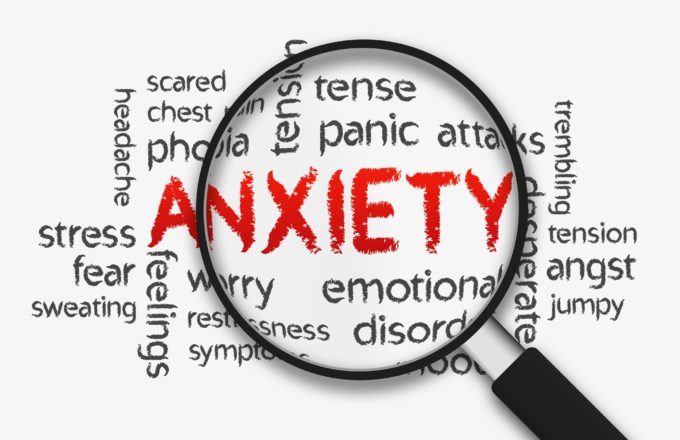What is Anxiety?
Anxiety is a sense of fear and worry, and it is not uncommon among students with language-based learning disabilities. According to understood.org, this anxiety stems from a fear of not being able to keep up with peers, as well as feeling different and worrying about the future. These issues can oftentimes interfere with a student’s ability to be present in the classroom and attend to the task at hand.
How Does Anxiety Impact Working Memory?
Based on the above information, students with working memory deficits experience anxiety within the classroom because of their inability to keep up in general. In addition, high anxiety puts demands on your working memory. “Your emotional state can play a role in working memory performance, which can in turn influence performance on tests” (Tracy Packiam Alloway qtd. in Stuart, 2007). Studies have consistently demonstrated that when people experience high levels of anxiety, their working memory capacity suffers. This is said to occur because more cognitive energy is devoted to managing the anxiety. Therefore, executive resources experience disruption and cannot focus on elements of the working memory.1
This resource contains strategies that focus on reducing anxiety as a tool to create classroom environments that are conducive to all working memory capacities.
How Does This Connect To Landmark’s Teaching Principles™?
In order to appropriately manage anxiety and allow students with varying working memory capacities to participate fully in instruction and activities, teachers must follow Landmark’s third teaching principle: Micro-Unit and Structure Tasks. For the full text of the Landmark Teaching Principles™, including “Micro-Unit and Structure Tasks” click here.
References
1Vytal, Katherine E., Comwell, Brian R., Letkiewicz, Allison M., Arkin, Nicole E., and Grillon, Christian. (March 2013). The complex interaction between anxiety and cognition: insight from spatial and verbal working memory. Frontiers in Human Neuroscience, Volume 7, Article 93.
Stuart, Annie. (1999-2014). What is Working Memory and Why Does it Matter? National Center for Learning Disabilities.



